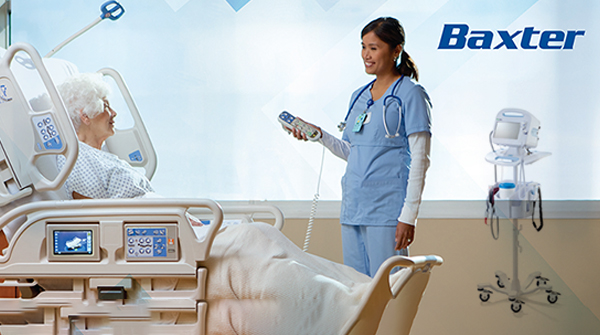L&T Tech and NVIDIA Unveil Revolutionary AI and Software-Defined Architecture for Medical Devices
20 November 2023
L&T Technology Services Limited (LTTS) has partnered with NVIDIA to collaborate on the development of groundbreaking software-defined architectures tailored for medical devices, particularly in the realm of endoscopy. This strategic partnership aims to address widespread industry challenges related to the accessibility, cost, and reliance on custom and proprietary hardware components. The primary focus is on elevating the quality and scalability of medical imaging products.
The architecture, crafted from the ground up, features a scalable platform capable of supporting diverse applications, thereby serving as a real-time decision-making tool for the medical community. Noteworthy elements of this innovative solution include an image processing pipeline dedicated to tasks such as noise reduction, edge and contrast enhancement, texture and color enhancement, and speckle correction.
A distinctive aspect that sets this architecture apart is the integration of AI/ML models specifically designed for detecting, identifying, and classifying polyps—anomalies often encountered during colonoscopies. This comprehensive solution is further characterized by its user-friendly interface, ensuring seamless integration of the image processing pipeline for visualization purposes. The architecture assures low-latency data transfer, superior image processing without performance bottlenecks, and scalability.
The collaboration leverages LTTS' expertise in medical device development and NVIDIA's full-stack edge AI computing platform. Together, they aim to provide unparalleled value to the medical technology industry by accelerating the development of AI-enabled, software-defined medical devices. According to the partners, the combination of the NVIDIA Holoscan software platform for edge AI inference and the NVIDIA IGX Orin hardware platform facilitates the advancement of AI-powered medical imaging solutions. This enhancement in image quality and real-time clinical decision-making support is anticipated to make clinicians more efficient, ultimately improving patient outcomes.
Source: businesswire.com

